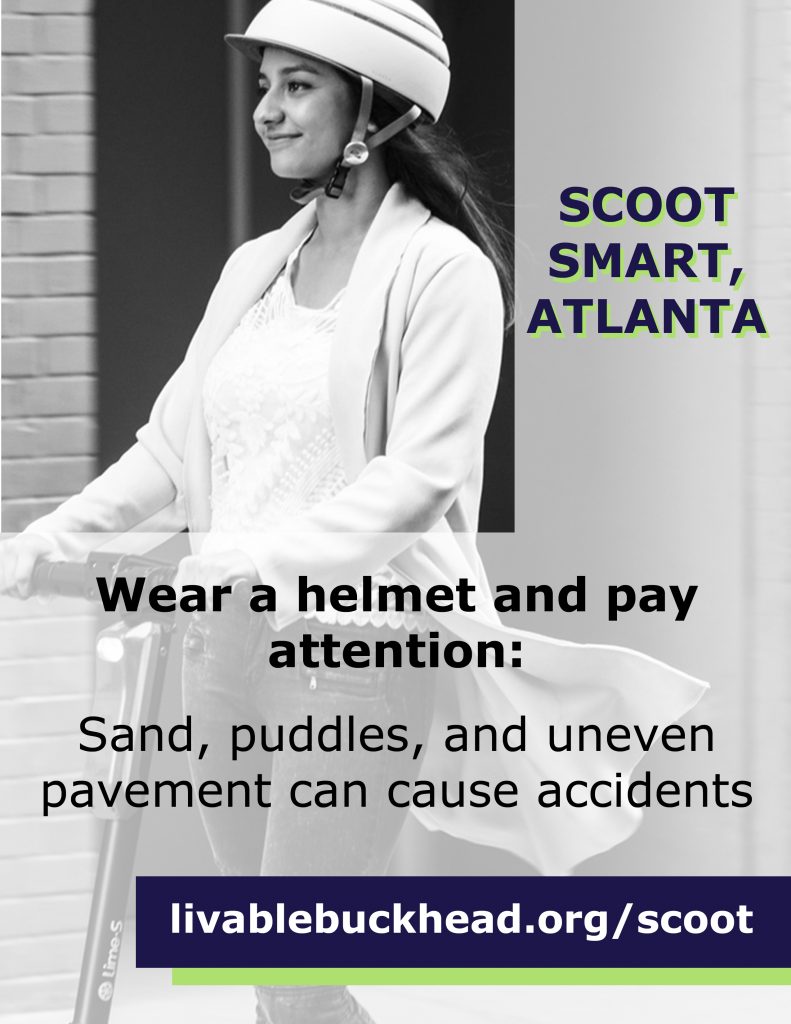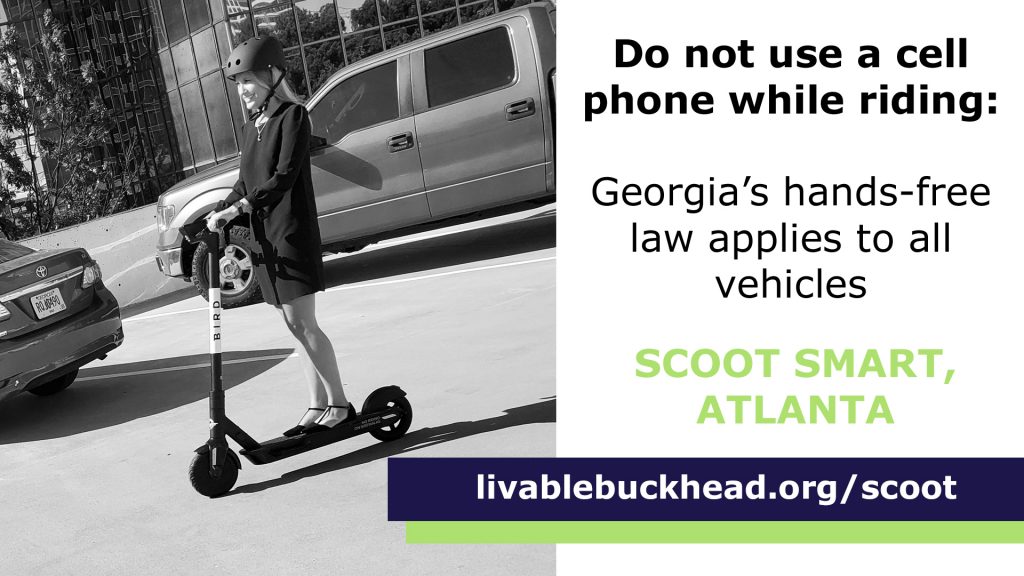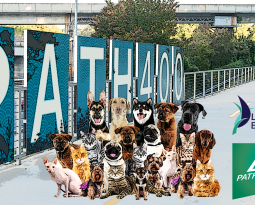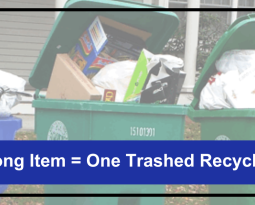Scooter Safety Culture
In the past month Atlanta has witnessed four fatalities where escooters operating after nightfall have been involved, leading to the announcement that the Mayor’s office is placing a curfew on the zippy, app-based devices after 9pm. Many on the social medias have been quick to note that eBikes were included in the ban, however none of the incidents have involved bike-type dockless sharables that tend to be more stable and predictable for other road users.
 Pedal-assisted bikes and the escooters have been lumped together since they started swarming American streets roughly a year ago, but one thing I’ve come to notice is that there’s a huge divide between the scores of people who are using escooters for the first time tend to behave on them, compared to how I see my friends in the cycling community behave when they give the stand-up scooters a try, and I believe it comes down to an element I’m just calling “culture”.
Pedal-assisted bikes and the escooters have been lumped together since they started swarming American streets roughly a year ago, but one thing I’ve come to notice is that there’s a huge divide between the scores of people who are using escooters for the first time tend to behave on them, compared to how I see my friends in the cycling community behave when they give the stand-up scooters a try, and I believe it comes down to an element I’m just calling “culture”.
When I say culture, I’m referring to the idea that when people start riding a bike in a big city, they generally reach out to others who have been doing it for a while for tips, best practices, and camaraderie. Biking in a historically vehicle-centric town like Atlanta, you find out fast that you need a support system – it can be rough out here. Cyclists try to ride together as much as possible, tend to follow the same basic routes for reasons of topography, traffic speed/volume, or shade; and group rides to cycling-friendly watering holes are a favorite. Culture in this instance is a community of people sharing knowledge about how to stay safe and coexist in traffic. escooter users don’t have that.
Escooters’ ease of use often means that someone who’s not experienced as a non-car road user is thrown into the deep end. Since the escooters don’t require any practical experience or even a driver’s license, a new user may not know the norms that newby city cyclists often learn during the process of purchasing their bike and getting ready for the road. Since scooting is so effortless, they also don’t have the trepidation that usually accompanies the first few wobbly bike rides before city cyclists ‘find their legs’.
‘Culture’ in this sense doesn’t come on quickly, but I’m a big believer that any community given the chance will start to grow one. And escooter users needn’t start from zero since there are great organizations like the Atlanta Bicycle Coalition working diligently to retool their messaging to include this welcome new group of vulnerable road users. Bringing them into the fold will help grow a culture of safety in scooting, but more valuable is the additional voices for safer street design and driver awareness that can help move the needle on safety.
Lime and Bird, two of the most popular escooter operators in metro Atlanta, are participating in Livable Buckhead’s PARK(ing) Day event on September 27. The public will have an opportunity to test drive the escooters and learn more about how to safely use them on Buckhead roads.
Livable Buckhead is also partnering with local office buildings to host on-site escooter safety training sessions. Anyone interested in arranging an escooter safety event should contact Kip Dunlap, Livable Buckhead’s mobility concierge at kip@livablebuckhead.org.
Download scooter safety materials for your building and/or office.









